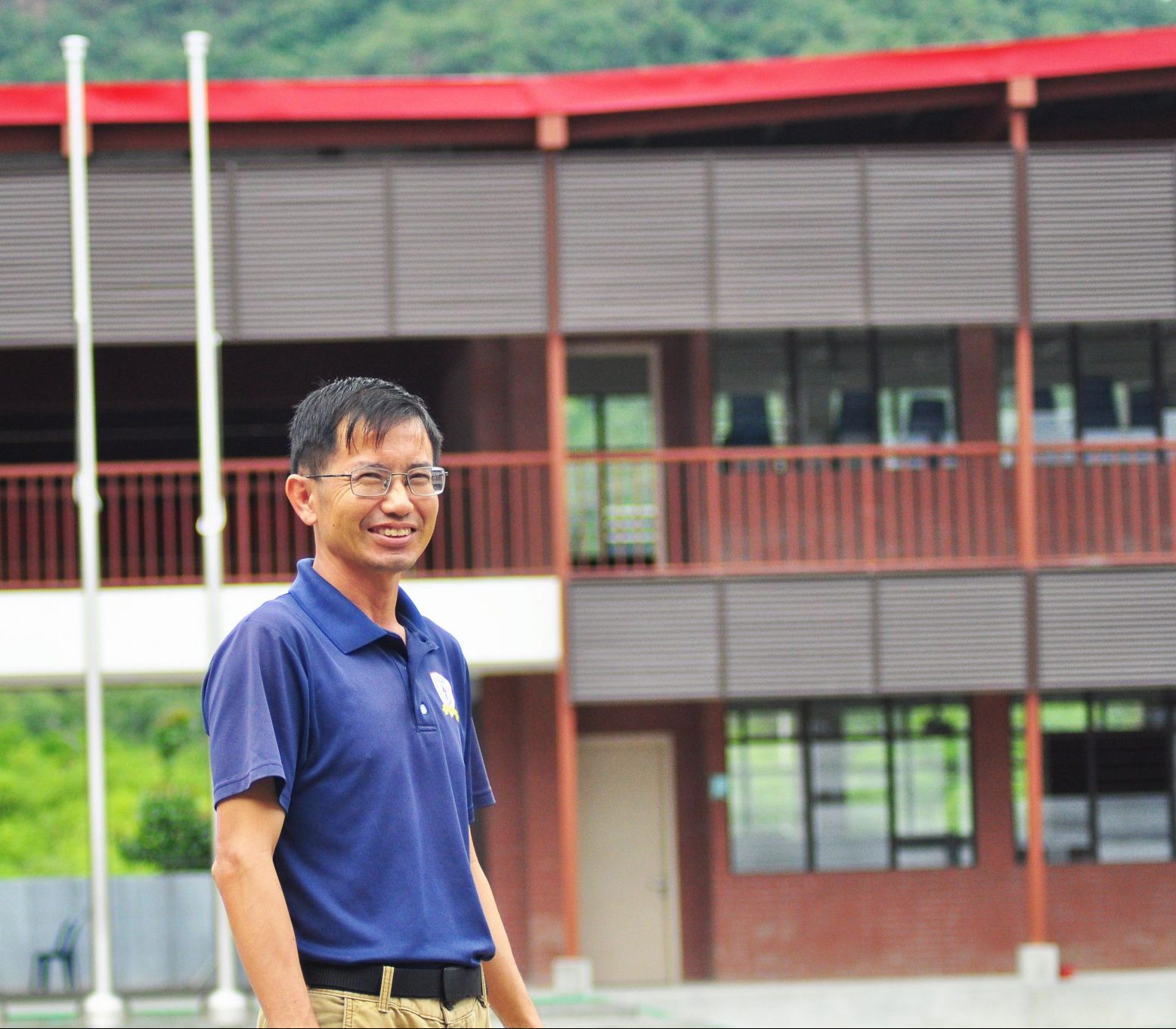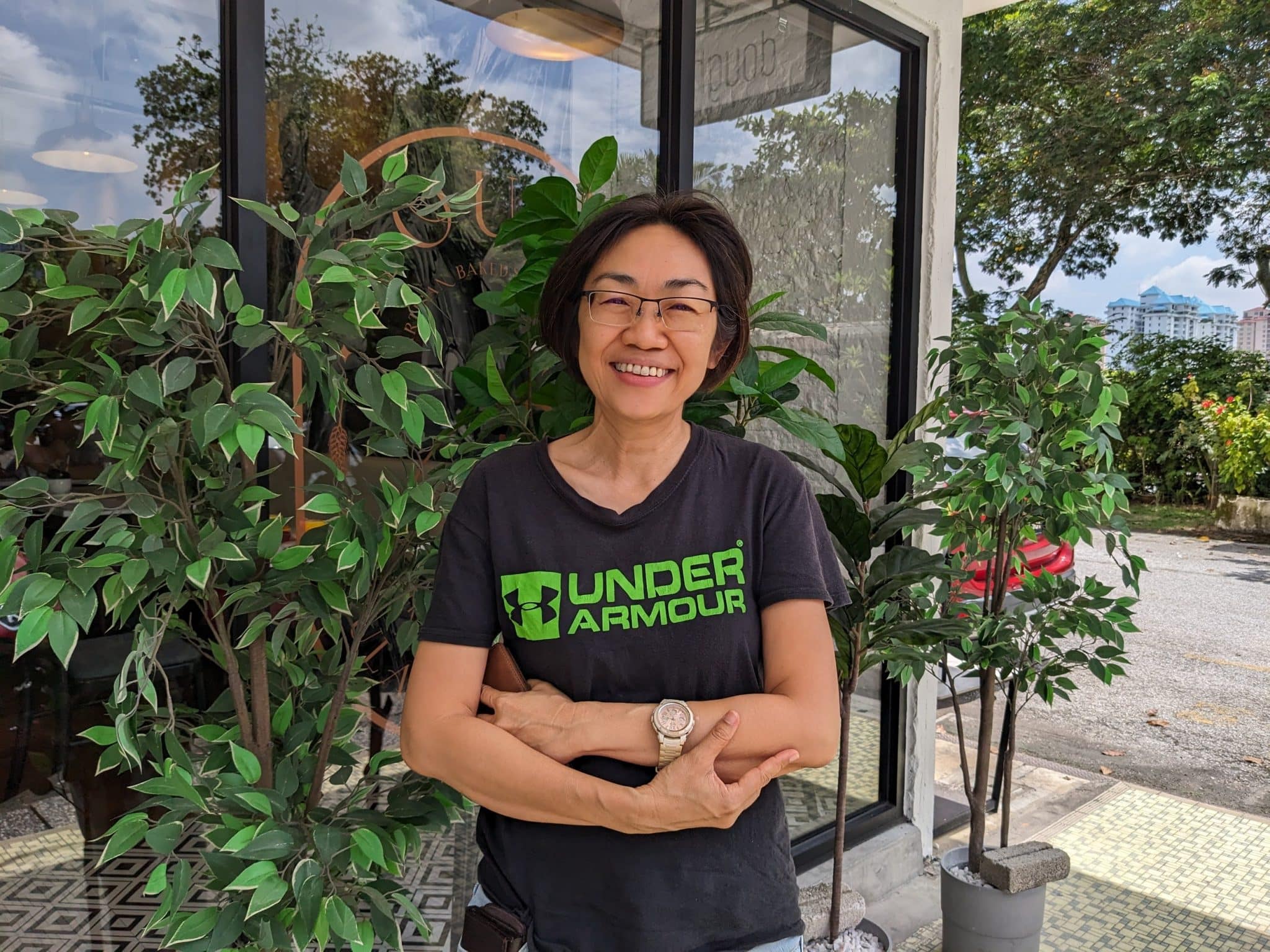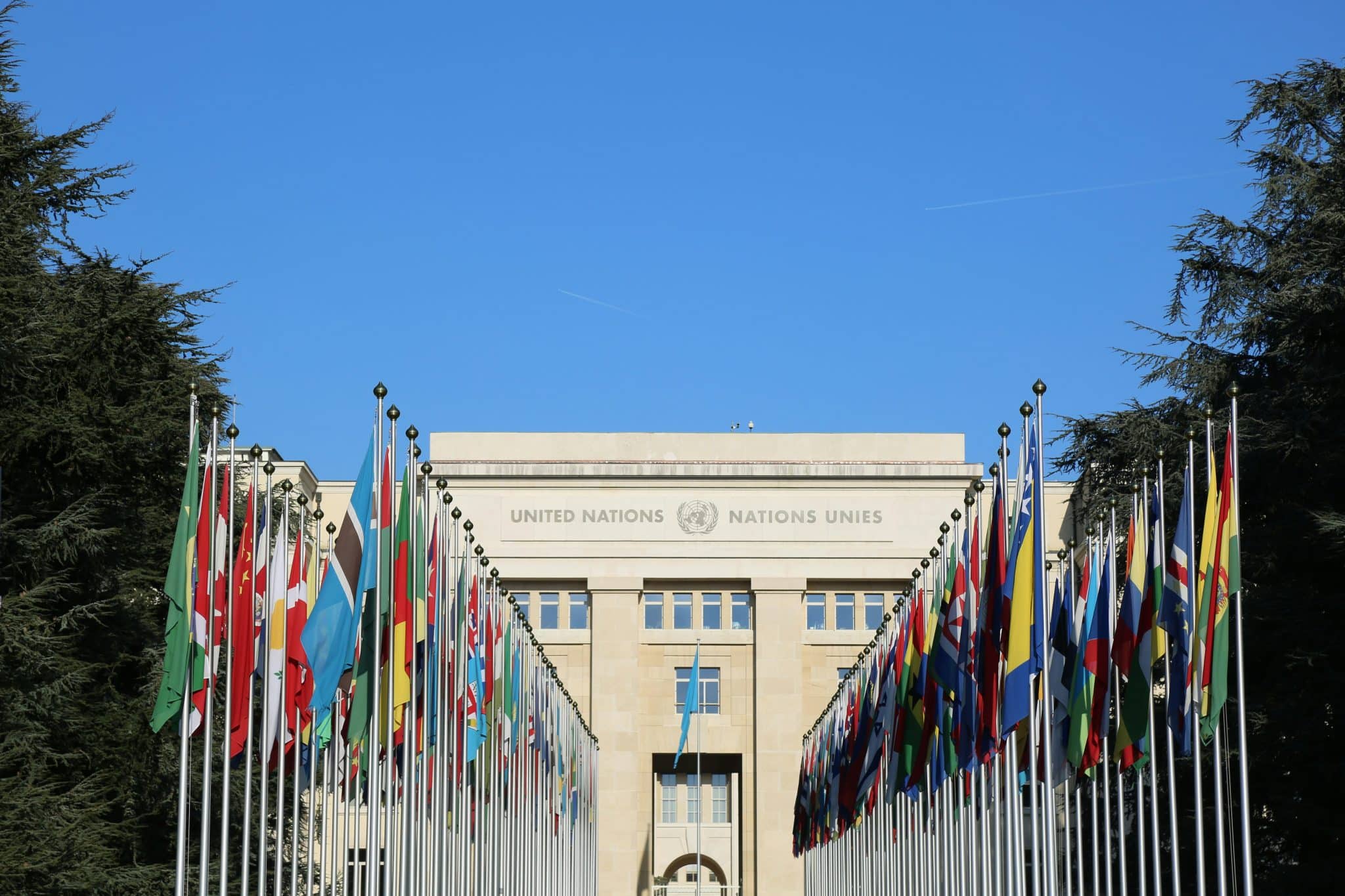Of chicken-wallas and Big Macs: A missionary gives glimpses of life far from home
Dr Maxwell Xian // August 20, 2019, 7:14 pm
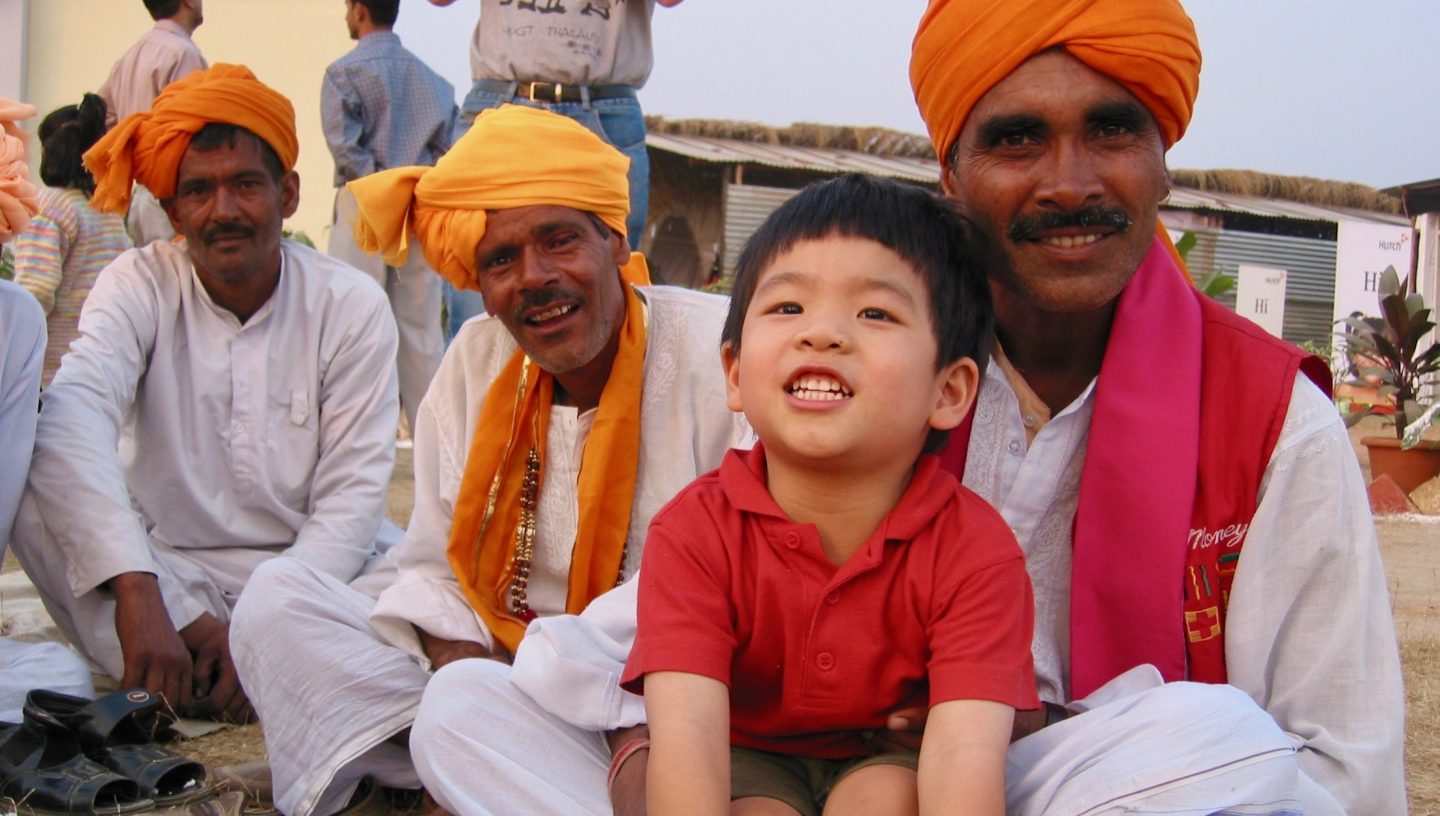
"During our first year as missionaries, every detail of our life – having to filter the water to cook, having to choose the chicken from the cage to buy, and learning to drive on both sides of the road – was passed on by e-mail to our eager families and friends," says Dr Xian. All photos courtesy of Dr Maxwell Xian.
The first year as a missionary is the hardest, simply because you are not at home.
Life is not so convenient, our favourite foods were not available and the simplest of tasks become frustratingly complex.
Added to that the lessons we have learned about how to live life do not always translate into a new culture and our natural intuition can let us down. And besides, we missed family and friends.
During our first summer in India, we eagerly received e-mails from friends and family. We sent updates about our new experiences and people ooh-ed and ahh-ed about the 48° summer heat, our regular sicknesses and short video clips of the chaotic traffic.
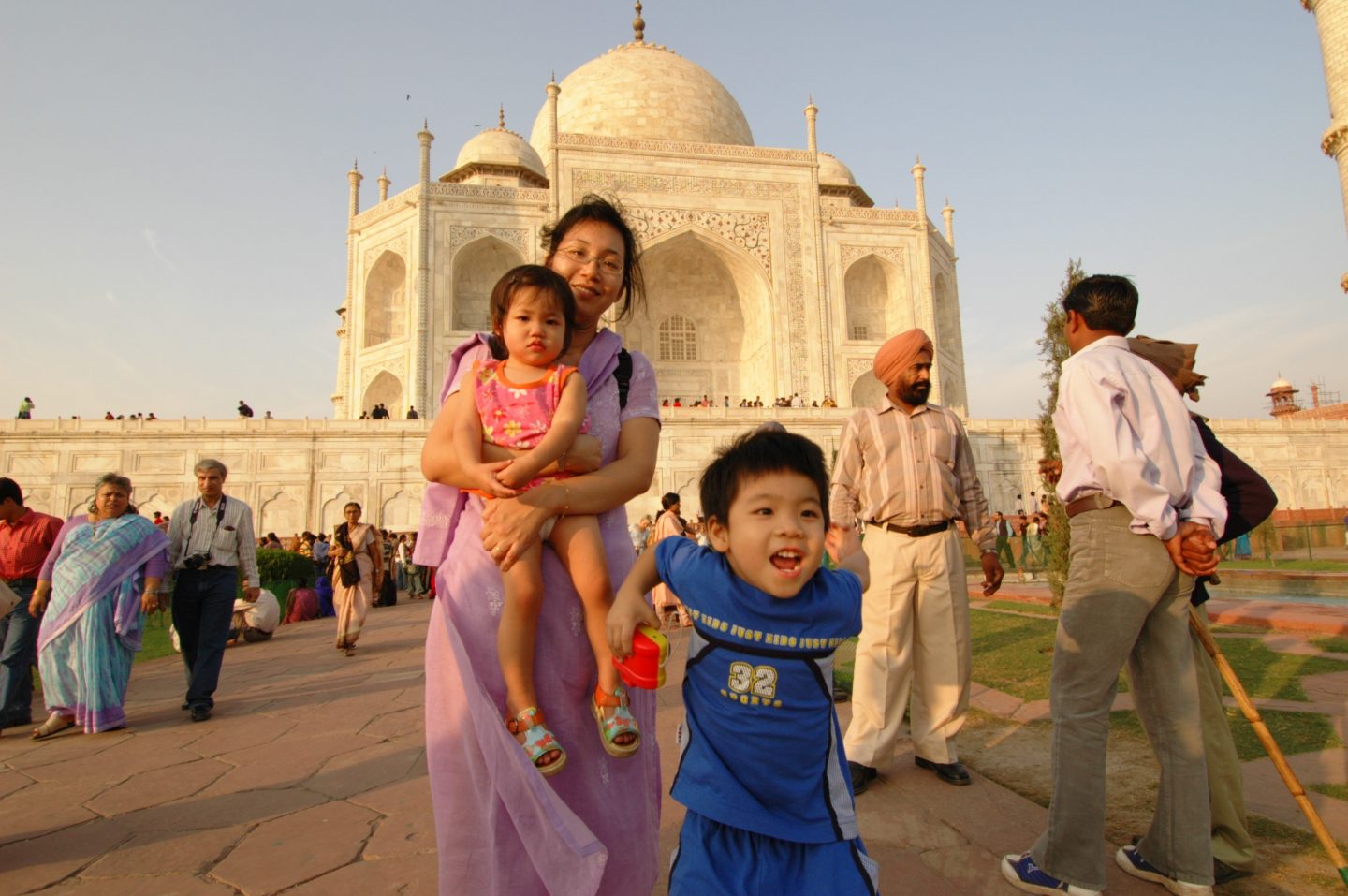
“During the family’s first year in India, we appreciated e-mails from home as much as a child clings to a security blanket on a dark night,” says Dr Xian.
We were still in wide-eyed wonder of our new life, and every report was quite sensational. Every detail of our life – having to filter the water to cook, having to choose the chicken from the cage to buy, and learning to drive on both sides of the road – was passed on to our eager families and friends.
It was our emotional umbilical cord to home. We knew we could not allow it to stop us from bonding with our new culture, but during the first few months of our life in India, we appreciated the e-mails as much as a child clings to a security blanket on a dark night.
The happiest chicken
Our landlords, whom we respectfully called ‘Uncle’ and ‘Aunty’, taught us to live in a world without supermarkets.
Uncle instructed me to choose the “happiest chicken”. I think his Hindi to English dictionary needed tweaking.
My first trip to buy chicken from the chicken-walla was as colourful as it was astonishing. I made my way down a dingy lane at the back of the vegetable market that I had been directed to go to by Uncle. I pushed through a thick cloud of flies and the heavy pungent smell of chicken manure and peered into rows of rusty chicken cages with morbid interest.
Uncle had instructed me to choose the “happiest chicken”. I think his Hindi to English dictionary needed tweaking but I understood this to mean “healthiest chicken”.
Once I had selected the unfortunate bird, the chicken-walla pulled the hapless bird from its cage, slit its throat with a filthy knife and threw it into a blue 100-litre sized drum where it kicked and struggled in a gruesome death dance for a minute.
Once it was silent, the chicken-walla retrieved the carcass and amazed me by skinning the chicken in a single pull and with an almost magician-like movement. All that remained was for me to decide how many pieces I wanted the chicken to be cut into and if I wanted the intestines, legs and head included in my bag of cut chicken pieces. I arrived home with my senses in overdrive.
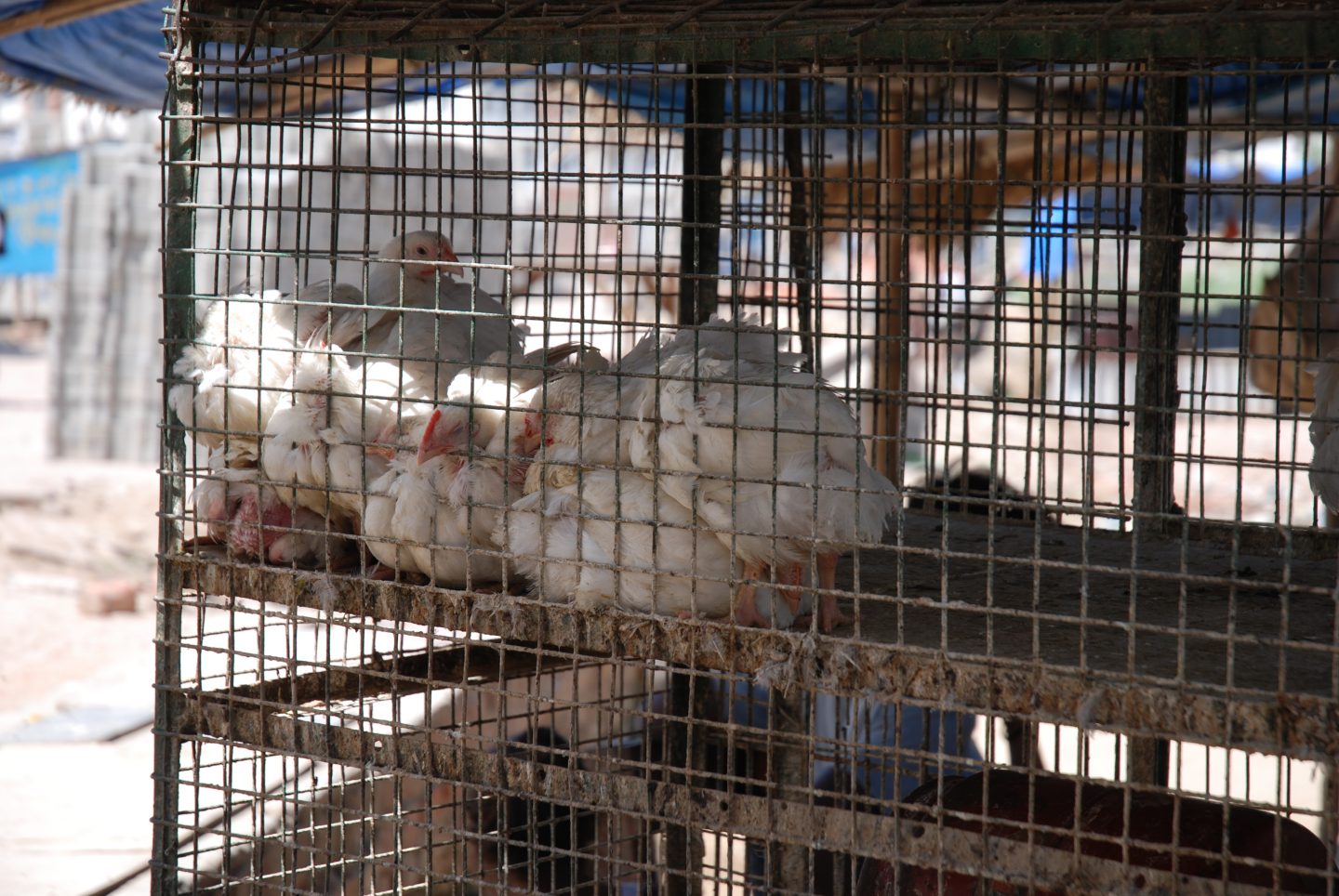
“My first trip to buy chicken from the chicken-walla was as colourful as it was astonishing,” recalls Dr Xian.
Small things helped us through the cultural adjustment.
One day, I was delighted to find a brand of corn chips that was not the usual spicy masala flavour. I returned home with the chip packets and held them up triumphantly to my wife as if I were showing her an Olympic trophy I had won.
The usual masala flavour in almost every food was beginning to wear on me. I hankered for some char kway teow. McDonald’s had not arrived in our city yet, and I even fantasised about eating a Big Mac for a few weeks.
Indian summer
There were no public pools in the city, so when the days were hot, we kept the kids cool by giving them frequent swims in their little plastic pool which we positioned on the concrete floor of our living room.
The home was our retreat from the oppressive heat. We only used our one air conditioner in the bedroom during the night to help us sleep, but the power inevitably got cut off several times a night for a couple of hours each time.
I would stumble into the bathroom, pour a bucket of cold water over my head and throw myself back into bed.
The bedroom warmed up quickly when the air conditioner went off, and the heat radiating from the walls made us feel like we were sitting in an oven.
At those times, I would stumble into the bathroom, pour a bucket of cold water over my head and throw myself back into bed, still soaking wet. The fan (powered by the feeble inverter battery) would keep me cool for about 10 minutes until the water evaporated.
As monsoon season hit in July, temperatures dropped 10º but we contended with 100% humidity.
We congratulated ourselves that we had survived our first Indian summer.
We felt a little deflated, however, when I overheard an Indian tell our friend, who had just returned from summer overseas, that this year’s summer was “mild, not as bad as others”.
I felt that our superhuman efforts in surviving the summer had just been trivialised, no longer so extraordinary.
God’s purposes
I must admit that during my first summer in India, I did not feel very much like a missionary.
We learned the Hindi language, made friends with our shopkeepers and landlords, and learned how to do life in India.
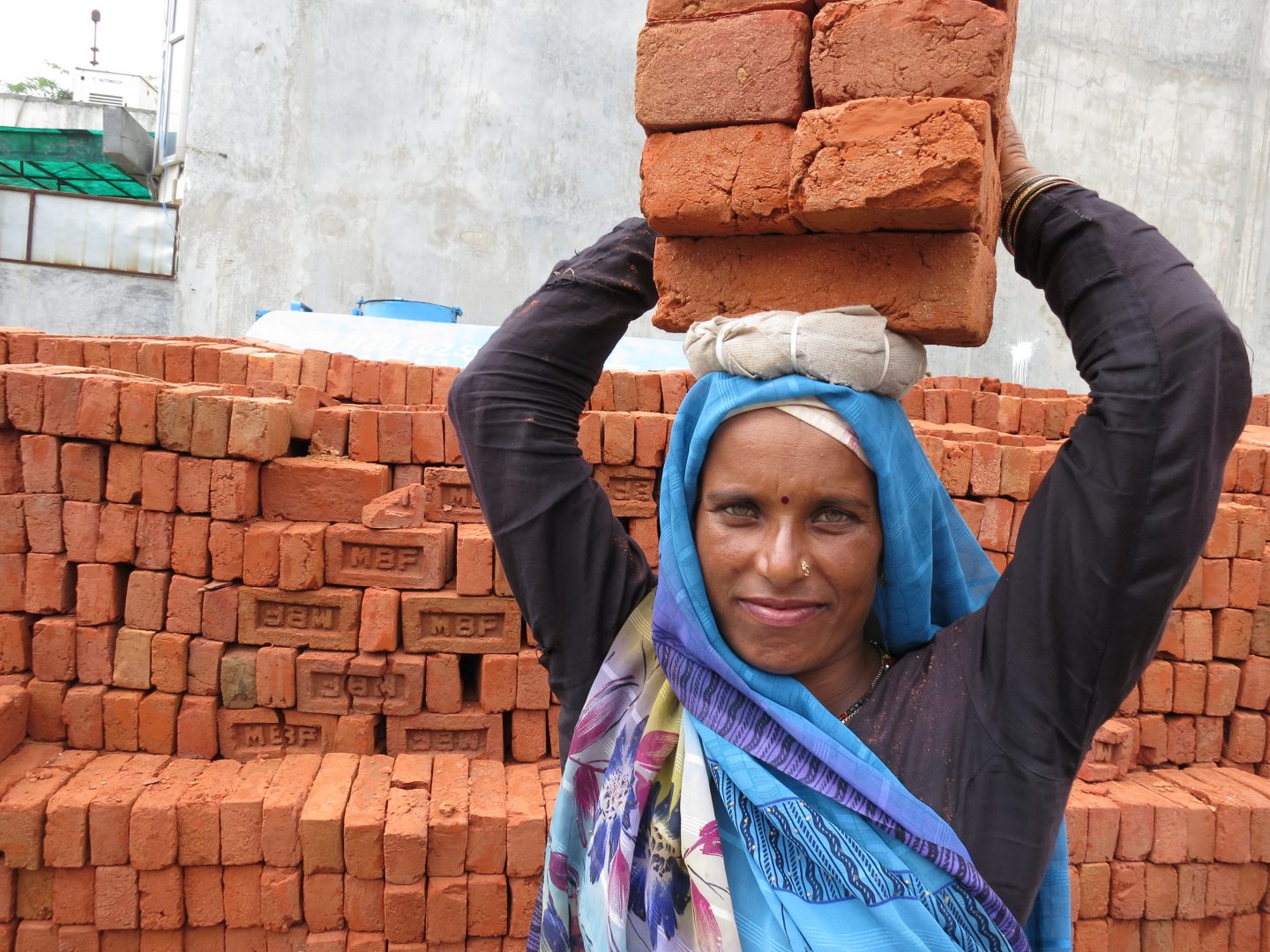
The first year as missionaries was the hardest, but God worked His purposes in the Xian family’s lives.
Feelings of loneliness and of missing family dogged us constantly, and we clung to any reminders of home that we found around us: E-mails, corn chips and rubber swimming pools.
Thankfully, the need for such emotional lifelines did not last long, and God did what he promised: Those who leave houses or brothers or sisters or father or mother or children or fields for my sake will receive a hundred times as much (Matthew 19: 29).
Uncle and Aunty became our new Indian family, we made new friends in the community, and India started to feel like home. More than that, these almost trivial life lessons laid the foundation for 10 years of life and ministry in India.
The purposes of God are worked out in our life one day at a time.
Of chicken-wallas and Big Macs: A missionary gives glimpses of life far from home
We are an independent, non-profit organisation that relies on the generosity of our readers, such as yourself, to continue serving the kingdom. Every dollar donated goes directly back into our editorial coverage.
Would you consider partnering with us in our kingdom work by supporting us financially, either as a one-off donation, or a recurring pledge?
Support Salt&Light
